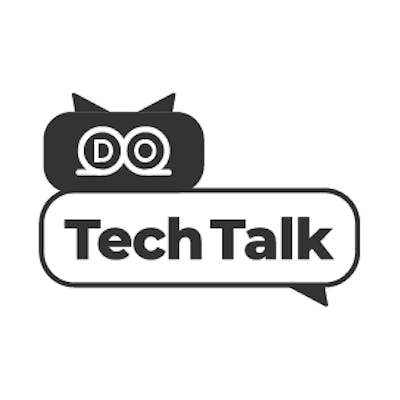Do you Want to share your blockchain expertise with an active audience?
The blockchain, which is mostly used by Bitcoin to safeguard financial transactions, is still being used in other industries. In the coming years, the car industry may potentially take on the topic. So, the question is: How may the blockchain transform the automotive industry?
Blockchain, what is it?
A technology that makes information storage and exchange possible is the blockchain. It is the technology that the virtual currency Bitcoin uses right now. In more tangible terms, the blockchain is a massive virtual registry that collects all of the user's activity. A new action is referred to as a "write for us blockchain." The latter integrates with the worldwide network of information after listing all the latest data.
Consequently, it is no longer possible to alter the recorded data. The blockchain algorithm examines the global chain during a new action to ensure its security and accuracy. Let's compare this system to a banking service to get a better understanding of it. A bank transaction occurs with every user action.
A block, or incomplete bank statement, is made up of all of these transactions throughout a given time frame, like a month. When combined,
These blocks create the blockchain, which represents a person's whole transaction history. To comprehend how this technology functions,
you should also be aware that protocols and algorithms—rather than humans—are the only things that control the blockchain.
This prevents any fraud or alteration of the data at the point of origin. Thus, data may be transmitted and stored safely, openly, and without the need for human intervention thanks to the blockchain. It is frequently portrayed as the data transmission of the future for this reason. It is currently in use in a variety of ways, such as virtual currency, online betting services, and authentication services.
In what ways may blockchain technology transform the automotive industry?
Even if the automotive industry does not now use this technology, the blockchain has the potential to completely transform it in the years to come. Four additional potential benefits of its utilization are as follows: improved stakeholder authentication, revitalized logistics management, fraud prevention tool, and improved vehicle life cycle monitoring.
1. A new approach to supply chain management for automobiles
The supply chain management process is the first potential application of blockchain technology in the automotive industry. Principals now don't always have a full picture of an automobile's entire manufacturing and distribution process.
It is challenging to trace an automobile's life cycle from A to Z because of the parts made in several group factories, the numerous subcontractors, the routing to the points of sale, and the vehicle's rigorous lifespan.
As a result, it is quite difficult to trace the parts and the cars themselves. This is especially noticeable when defective units need to be recalled by the manufacturer.
Gold, traceability, and compliance might be guaranteed by Blockchain Facts, which can monitor a product's life cycle. This technology would increase industrial production efficiency while also lowering costs associated with logistics management and increasing transparency.
2. Improved actor authentication for the automotive
A second primary use case for blockchain technology would be to provide accurate and verified automotive actor verification. By providing access to all product-related information, it also gives users access to the background of car sellers and even buyers.
As a result, it will be feasible to confirm the sincerity of his counterpart while buying or selling a car, particularly when dealing with persons.
The blockchain may provide further insights on leasing businesses, repairers, and perhaps insurance in addition to buyers and sellers. There are a ton of experts that are important to a vehicle's life cycle.
3. A fresh approach to lessen forgeries and fraud
However, if the blockchain can identify the participants in the automotive industry, it will primarily enable flawless car identification. This technology makes it possible to review every car's whole history, including the locations of production, repairs, owners, and accidents.
Since the information cannot be fabricated, it is difficult to mislead about the true nature of the car. an especially helpful component for the used car market.
Studies have shown that 20% of VOs sold had their odometers rigged. A buyer can guarantee information accuracy by utilizing blockchain technology to create a tamper-proof digital maintenance notebook. In the upcoming years, the French startup Atos hopes to democratize this service as well.
4. Improved tracking of automobile life cycles
Since anyone may view a vehicle's history, several stakeholders in the automotive industry stand to gain. Manufacturers will be able to recall potentially faulty cars using the blockchain before a failure happens (since a car made on the same production line may have flaws). For their part, insurers might counsel clients on the plan most suited to their car and its life span.
Conclusion
The network, not the technology, makes these blockchain applications so important. With more people adopting and supporting it, Bitcoin's user base and strength as a store of wealth expand. You can carry out your idea with a blockchain consultant from a seasoned blockchain development business with dotechtalk.
This is crucial, among other things, for the automated payment of parking fines or electricity bills at a charging station—tasks that eventually autonomous vehicles will be able to perform. In addition, a blockchain is more resilient to external hacker attempts. Attackers will find it difficult to obtain information, such as account balances if it is dispersed over numerous computers and is not kept in a single area.
